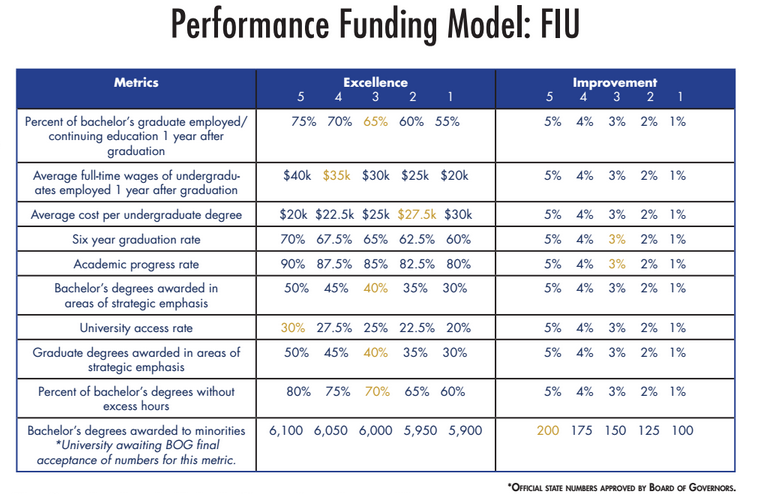Elise Gregg | Editor-in-Chief
A divided faculty senate narrowly voted no-confidence in its chair on Tuesday afternoon as part of a larger effort to maintain academic freedom and fight for faculty representation.
With 30 yeas and 28 nays, senators approved a motion of no-confidence in Chair Deanne Butchey amid a variety of concerns regarding her performance over the last two semesters.
Broadly, these were her failure to be a representative for senators to administration, poor handling of senate meetings and procedural issues, as well as making votes ineffective on several counts.
The meeting started with the removal of the second motion on the agenda: amending the constitution so that “any officer of the Faculty Senate may be removed from office, with or without cause, by a two-thirds vote of the Faculty Senate.”
After a few other procedural matters and reports (including a lengthy discussion on new rules regarding post-tenure review), Scott Norberg, law senator and steering committee member, provided some background on the motion.
“No one is questioning Dr. Butchey’s loyalty, or commitment or character or good faith,” said Norberg. “Not only did those of us on steering agonize about submitting today’s motion, but I think we are acutely aware that if the motion fails, we as a Senate will be worse off than if the motion had never been offered.”
Norberg summarized concerns from many senators: in the middle of the current academic climate, the senate needs a strong leader who will represent faculty zealously to the Board of Governors and Trustees.
According to Norberg, Butchey expressed to the steering committee recently that she acknowledged that she felt limited in her ability to advocate for faculty because of her status as an untenured professor.
Further, last fall Butchey apparently offered to resign and asked the steering committee to vote on her resignation.
“When we ran out of time she indicated that she would instead bring the matter here to the full Faculty Senate,” explained Norberg.
In addressing the Senate, Butchey presented her perspective on her work as chair and the faculty’s concerns.
Much of her speech reflected her frustrations in her work, feeling like she had done a good job in the context of state-wide contentious issues, pointing out similar issues arising in senates across Florida.
“As your chair, I think that played an important role in sharing your perspective. I believe that the chair of the ACFM has shared correspondence with senior leaders in the Senate pertaining to their perception of how I have influenced this type of behavior,” said Butchey.
“There were controllable or non-controllable factors at play. Senators will note that as I explained at a previous meeting, Senate across the state have been dealing with procedural issues surrounding Robert’s Rules in a remote environment.”
Overall, Butchey admitted that there were, of course, areas in which she could have done better both in running meetings and representing senators while also arguing that she had done her job to the best of her abilities given her circumstances.
“As I’ve said on multiple occasions, we the faculty are ground zero in all the noise internal and external to FIU,” said Butchey. “I have always and will continue to advocate for the faculty at FIU even when I am no longer the chair of the Faculty Senate.”
However, Remy Dou, a newer CASE senator and member of the steering committee, concluded that the chair ignored the very clear wants of the Senate.
“Despite knowing the importance of this moment and having access to other decision-makers, our chairperson as a member of the BOT has chosen not to actively represent our voices on the most important issues facing all faculty at FIU,” Dou said.
“If faculty are represented by a leader who has implicitly and explicitly expressed an unwillingness to accurately represent our viewpoints, in a proactive manner, then in my opinion we have no freedom.”
Dou was among several other newer senators who said that they felt that both the spirit of representing senators as well as the more practical side of Butchey failing to keep up with procedures.
There were concerns about voting no-confidence: first, passing the motion does not necessarily lead to her removal.
“If she decides not to resign because the bylaws of the Senate Constitution; [they do] not allow for removal,” said Senator Wallied Orabi of the College of Engineering. “So what are we going to do next?”
Orabi added that it’s about strategy; that though everyone can agree that the current academic environment is hostile to professors, leadership may always be a point of disagreement. Other senators emphasized the internal consequences of the vote.
“A vote against no confidence will be a problem; however, a vote for no confidence will also make us look weak, both as a faculty senate and as faculty senate steering committee,” said Nathan Dodge, senator for the School of Hospitality and Tourism Management and steering committee member.
Discussion continued for some time, centering on two arguments: the difficult time in which Butchey found herself senate leader, and the need for markedly strong leadership because of the legislation coming down from Tallahassee.
“I will reiterate that Deanne is a fine, fine person,” said CARTA Senator Neil Reisner. “The major point is Deanne is not the leader we need now.”
“We need somebody who is willing to stand up, doesn’t fear being a target and takes strong positions.”
Though senators had many concerns about the vote dividing the senate, the need for strong leadership and more, the vote was ultimately cast against Butchey, who now must decide whether to resign.
“I will consider it over the next couple of weeks and at the next steering committee meeting and possibly at the next Senate I will make a decision,” said Butchey.






Be the first to comment on "Faculty Senate passes motion of no-confidence in Chair"